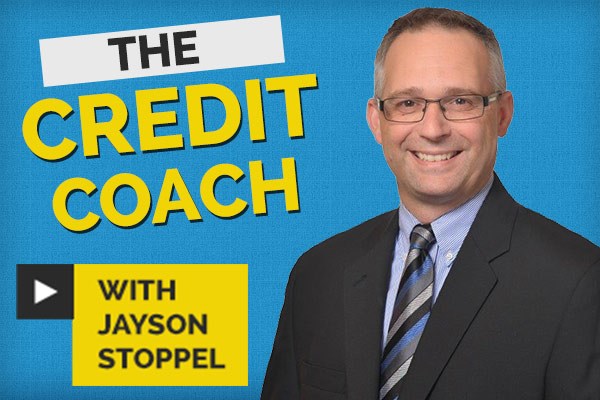If you are a reader of the Credit Coach Blog series you’re aware from the last column that I recently had the role of the middle man in a heated financial discussion between some family members. The discussion participants ranged in age from 16 years old through to let’s say 50 or so. They were discussing finances, minimum wage, university costs, housing prices and comparative effort levels in the work force in relation to which generation had or currently has the rougher go of it.
As a practicing Licensed Insolvency Trustee with BDO Debt Solutions, I have worked with all age groups. This blog focusing on Millennials is the second of a three-part blog series which talks about some of the current challenges facing three generations: millennials, the sandwich generation and seniors. In this series I will provide you with a few tips and tricks and identify some pitfalls to help you avoid falling into debt.
Millennials is a term used to define individuals born generally from 1977 through to the late 1990s. Millennials, now ranging in age from 22 years old to 40 years old, have come of age during the computer and digital revolution.
Many Canadians in the millennial generation are facing the tough task of becoming financial successful and independent. Think of the challenges this cohort has had to face:
- Housing bubbles — for some millennials, the bubbles have actually grown over the entire period of their adult lives making first-time home ownership difficult.
- Heavy student debt loads — millennials have been faced tuition costs that have continued to rise, often at a faster pace than the increases in their part–time wages while at school.
- Lack of career opportunities — Gen Xers and a boomer generation that is staying in the workforce have created a barrier to corporate advancement and led to wage stagnation for 20 and 30 somethings.
- A culture of consumerism where the internet and television marketing create a Fear of Missing Out ( FOMO) mentality leading to overconsumption and debt.
- A culture of easy credit that did not exist a generation ago, setting the stage for financial difficulties for those unable to budget or manage finances.
So what can millennials do to avoid a credit crunch?
- Set goals, prioritize spending and create a budget. Creating clearly defined goals for life is key for millennials. Internet chatter, marketing and keeping up with the Joneses can create an atmosphere where overspending and abuse of credit becomes the norm. Make sure to prioritize the things you truly want to accomplish, do or buy. Giving into an impulse could derail your long-term goals.
- For those still in college or newly independent: live frugally. Just because student loans are an option for school expenses, or consumer credit is available to help pay for your first apartment, it doesn’t mean you have to use it. A recent BDO poll identified some of the self-professed regrets of college and university graduates under 40 years old about their student loan debt. Fully 30 per cent of former students with debt wished they had lived more frugally as a student.
Don’t mortgage your mid-life goals by overspending in your 20s. A smaller TV, starter home and a used car earlier in adulthood may set the stage for something truly special later on. Being thrifty now can give you financial freedom to splurge in your 40s and 50s.
- Get on top of your debt. This is critical for current millennials. See how your debt stacks up with a simple stress test of your financial health. Debt is like being stuck on a treadmill — it is fun at first, but eventually your legs get tired and the machine never stops. Eventually you are flung off the back of the machine. Avoid consumer debt as best as you can, and if you have debt create a written plan to get it paid off.
- If you sense a financial problem seek help. Use the power of the internet to seek out information on budgeting, student loan relief programs and consumer proposals. Reach out to workplace mentors for strategy or speak with a professional debt counselor.
- Keep to your own path. Looking at the family home you grew up in, or the cars that mom and dad drive today shouldn’t be your starting point for your life. Ask your parents about their first home, the borrowed furniture, or the leaky roof on the old Jeep they used to bring you home from the hospital. That is where you start. Spending like your mentor or boss who has 25 years in the business is a folly that should be avoided. Be patient, be mindful of your spending and the larger family home will come.
Share your millennial debt story and how you survived @JSCreditcoach, or tell us about it in the comment section below.
Jayson Stoppel is a Licensed Insolvency Trustee and Chartered Accountant with BDO First Call Debt Solutions. With over 15 years in practice, Jayson assists individuals, families and companies with financial difficulties in Thunder Bay and throughout Northwest Ontario. To reach Jayson by email: [email protected]

